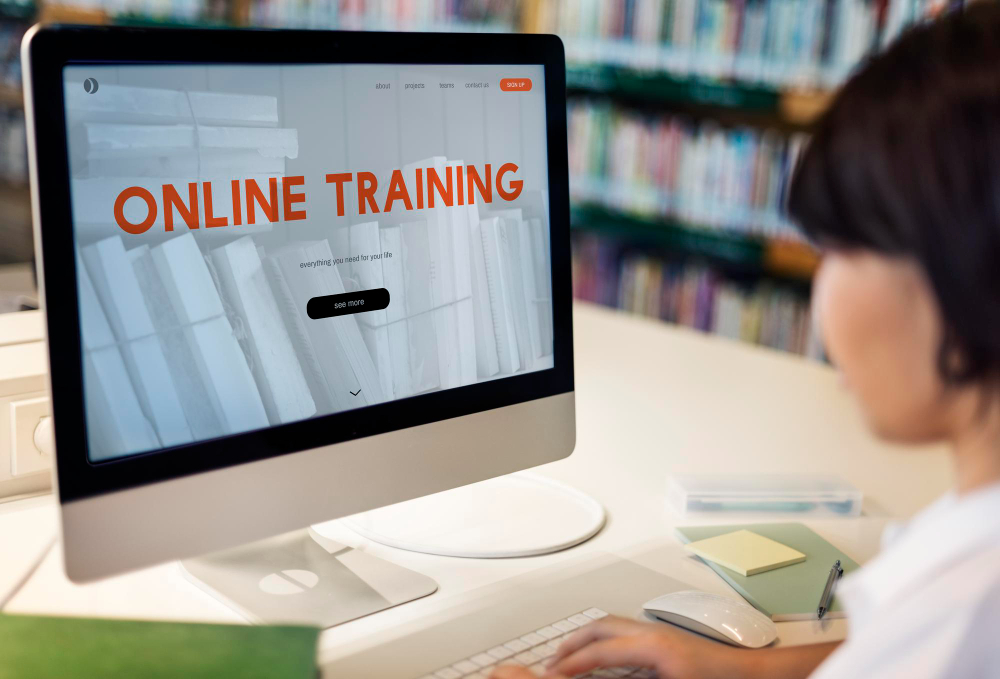Maximizing the impact of eLearning encompasses creating a strategic approach that incorporates business case studies directly into the training process. This innovative approach allows learners to apply theoretical knowledge to realistic and practical projects, resulting in practical outputs that validate learning effectiveness. Through executing these case studies, learners not only enhance their skills but also position themselves as change ambassadors, advocating for the implementation of new practices within their organizations.
To achieve measurable success in eLearning projects, incorporating various interactive and experiential elements can significantly enhance the training experience. Interactive simulations, gamified experiences, and scenario-based learning modules can captivate learners’ attention, fostering deeper engagement. Such elements create an immersive learning environment that encourages critical thinking and problem-solving skills, crucial components for real-world business applications.
Incorporating collaborative elements within eLearning platforms also plays a pivotal role in maximizing educational impact. Group projects and peer-to-peer learning opportunities foster a community of practice, where participants can share insights, ideas, and diverse perspectives. These collaborative efforts not only enhance the learning experience but also cultivate interpersonal skills and collaborative problem-solving abilities, mirroring real-world workplace dynamics.
Furthermore, leveraging data analytics tools can provide significant insights into the learning process, allowing educators to track progress and assess outcomes effectively. By analyzing learner interactions, completion rates, and performance metrics, educators can identify areas for improvement and customize learning pathways to better suit individual needs. This targeted approach ensures that eLearning initiatives are tailored for success, maximizing their overall impact.
Integrating real-time feedback mechanisms within eLearning platforms is essential for fostering a continuous learning cycle. Providing learners with timely feedback on their progress and achievements helps reinforce learning objectives and motivates further exploration of the content. Constructive feedback also guides learners in refining their approaches to business case studies, ultimately leading to more refined and successful outcomes.
Another innovative approach to measuring eLearning success involves embedding certification and accreditation milestones within the training modules. By aligning learning outcomes with industry-recognized standards and credentials, learners can see a direct correlation between their efforts and career advancement opportunities. This encourages sustained engagement and commitment, driving learners to complete their training successfully and apply newfound skills effectively in their professional environments.
Finally, organizations must cultivate a culture that embraces continuous learning and innovation to maximize eLearning impact. Aligning strategic goals with these educational initiatives ensures long-term sustainability and success. By fostering an environment that encourages upskilling and reskilling, organizations can adapt to industry changes swiftly, ensuring their workforce remains agile and competitive in an ever-evolving digital landscape.
